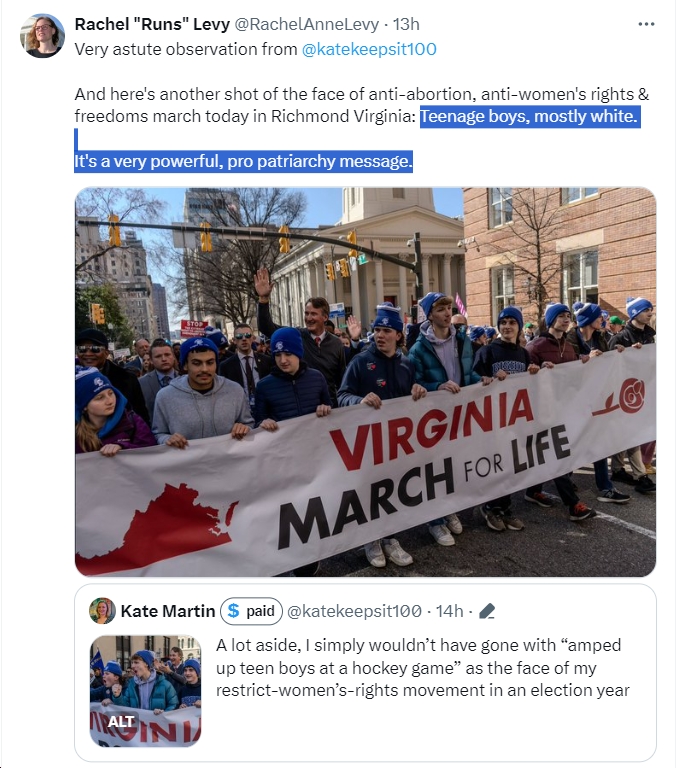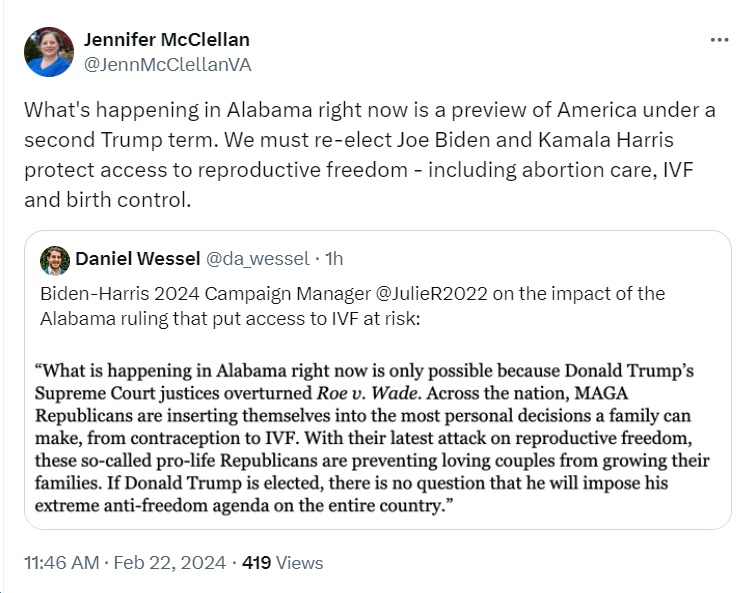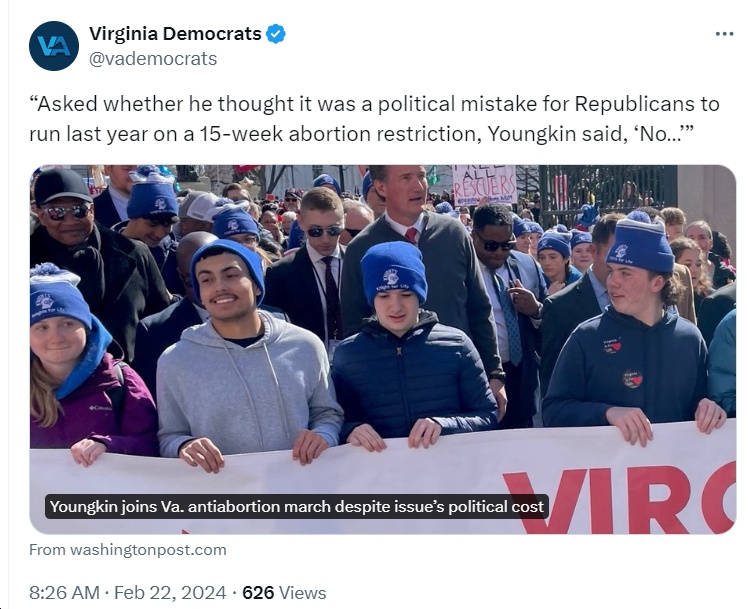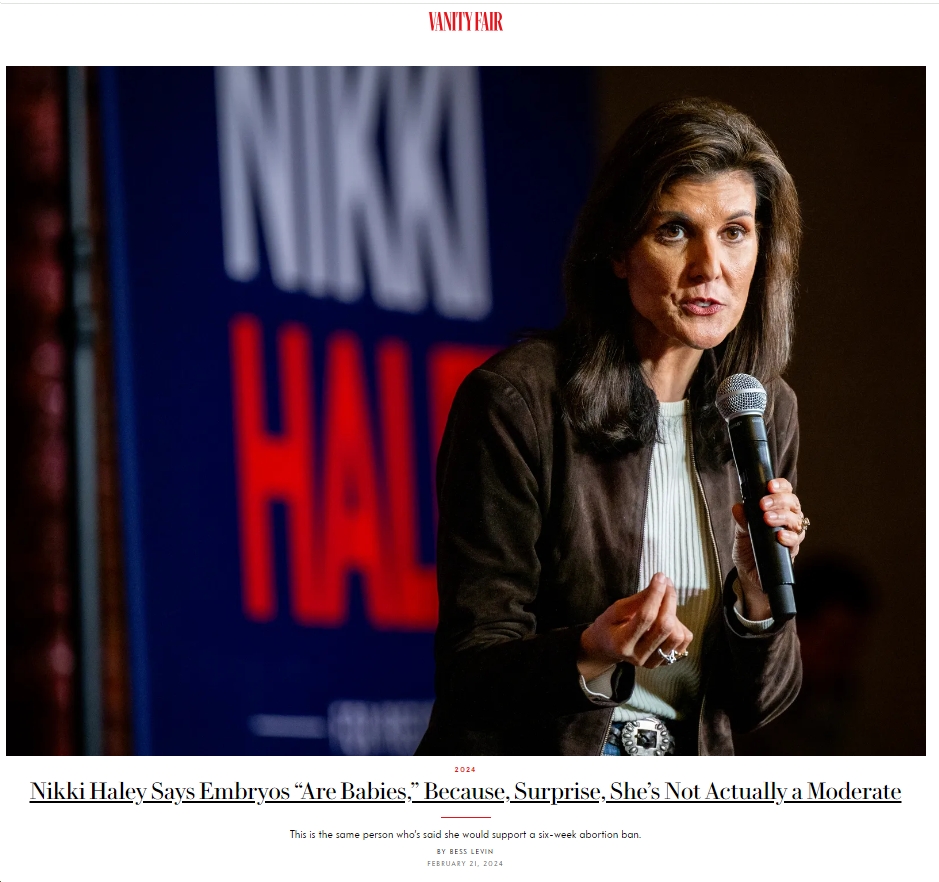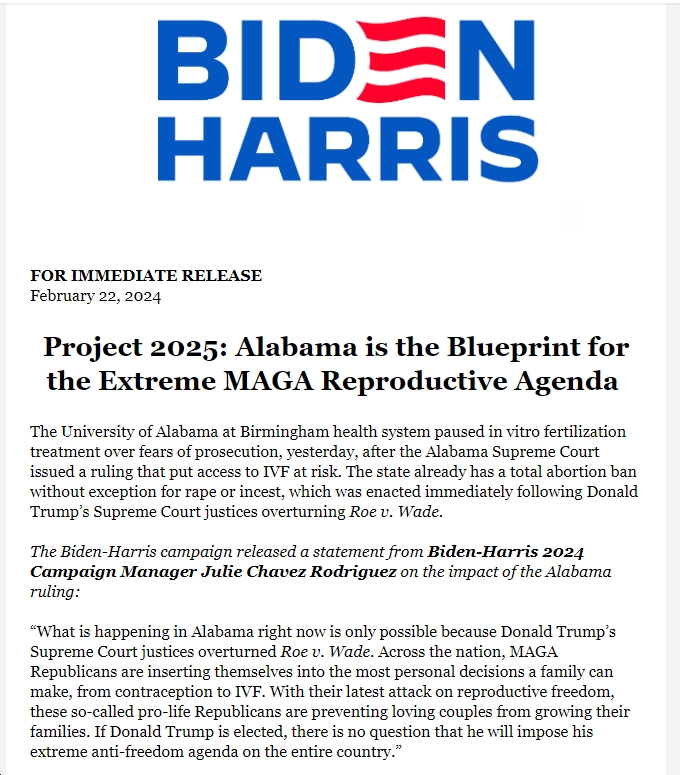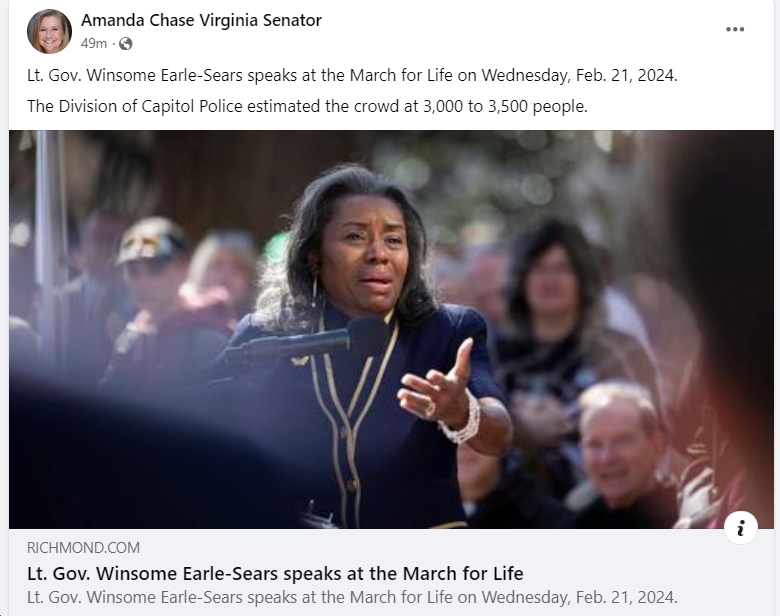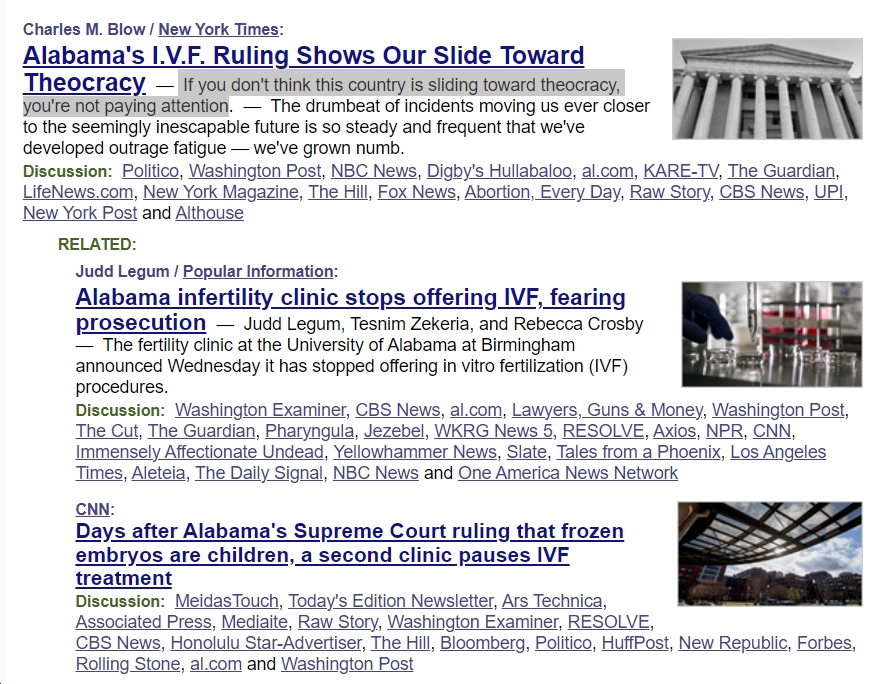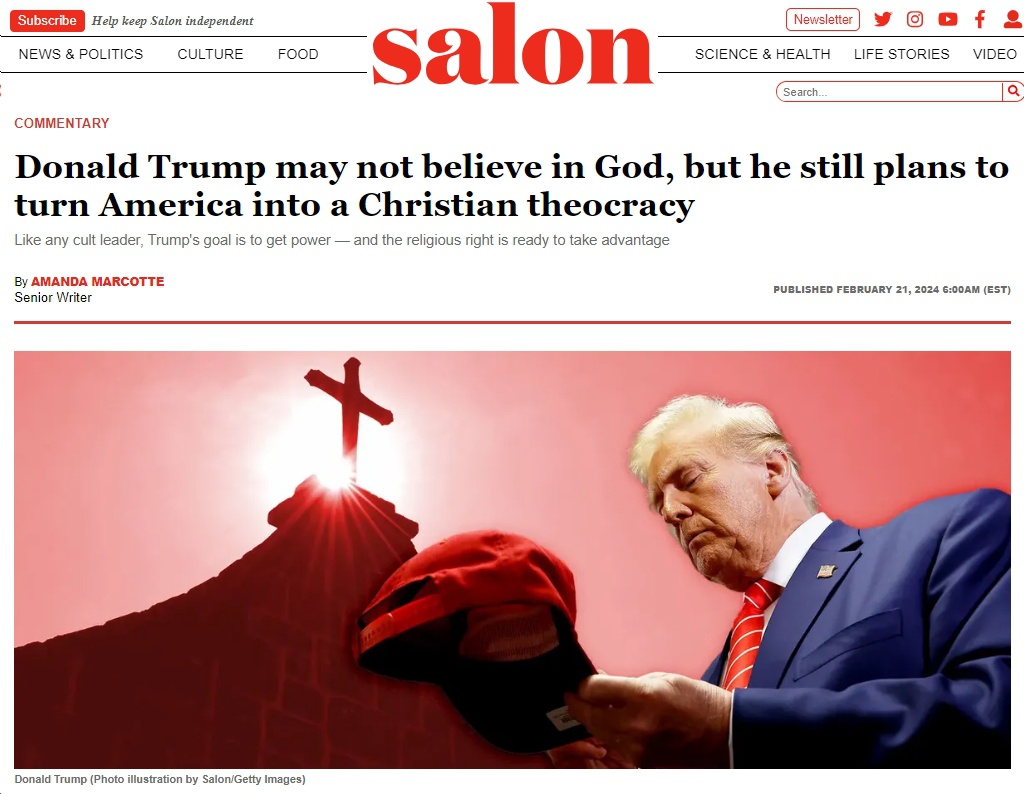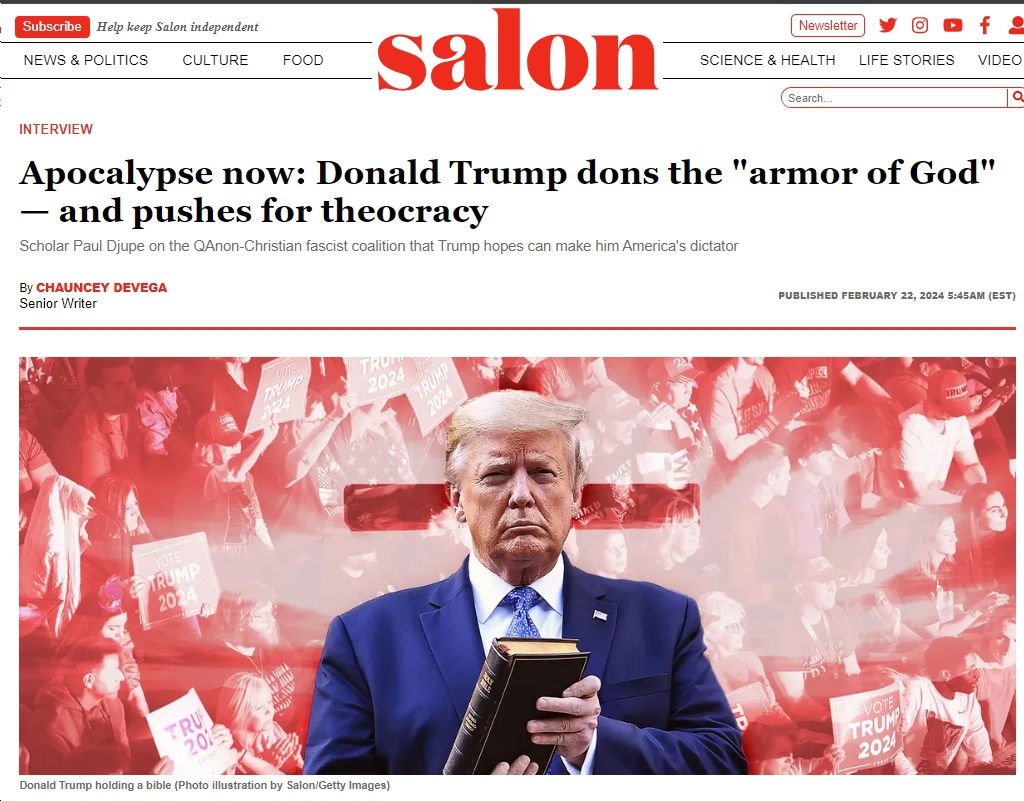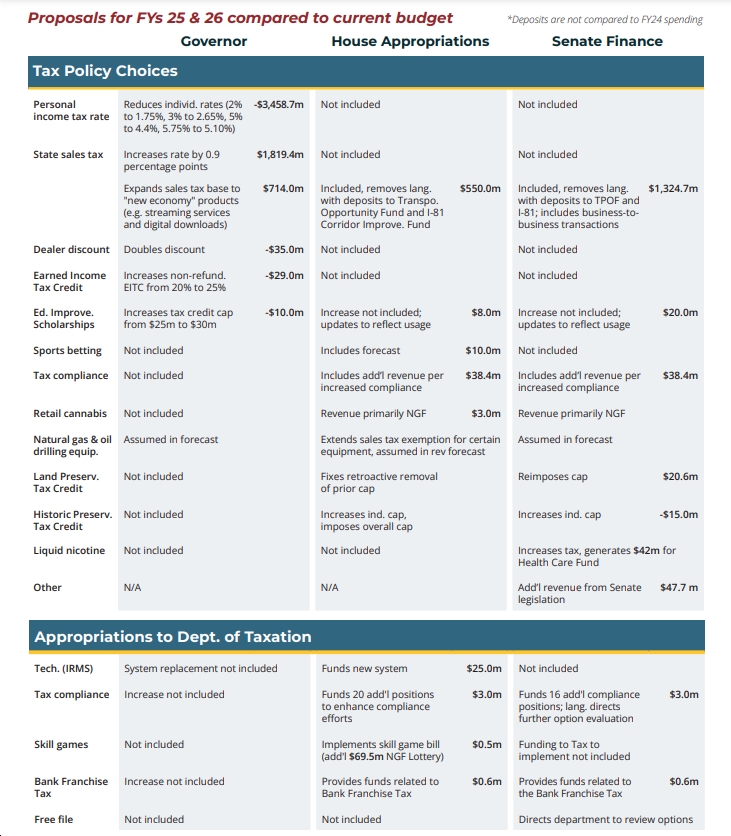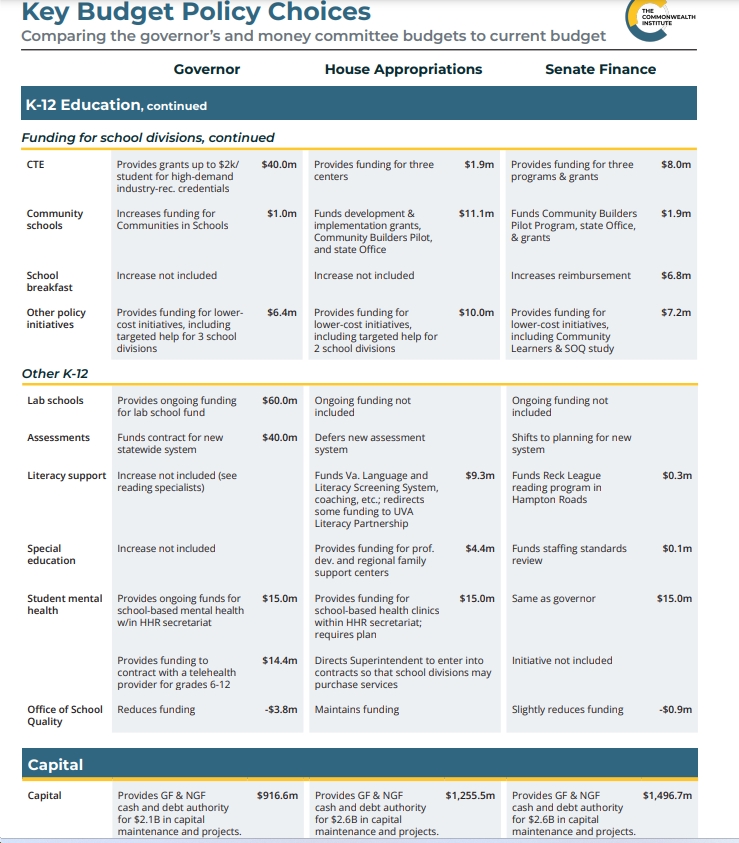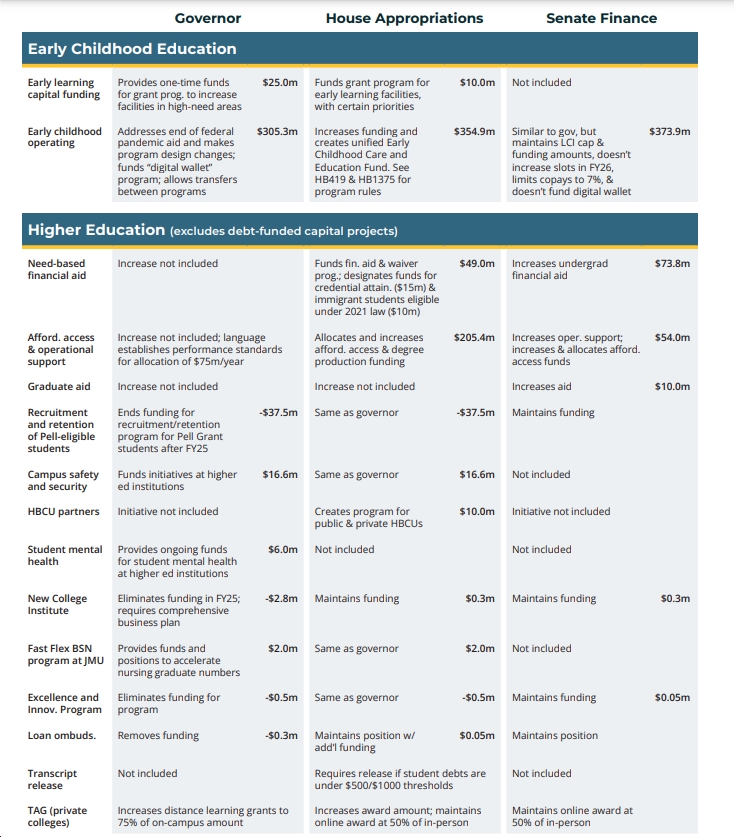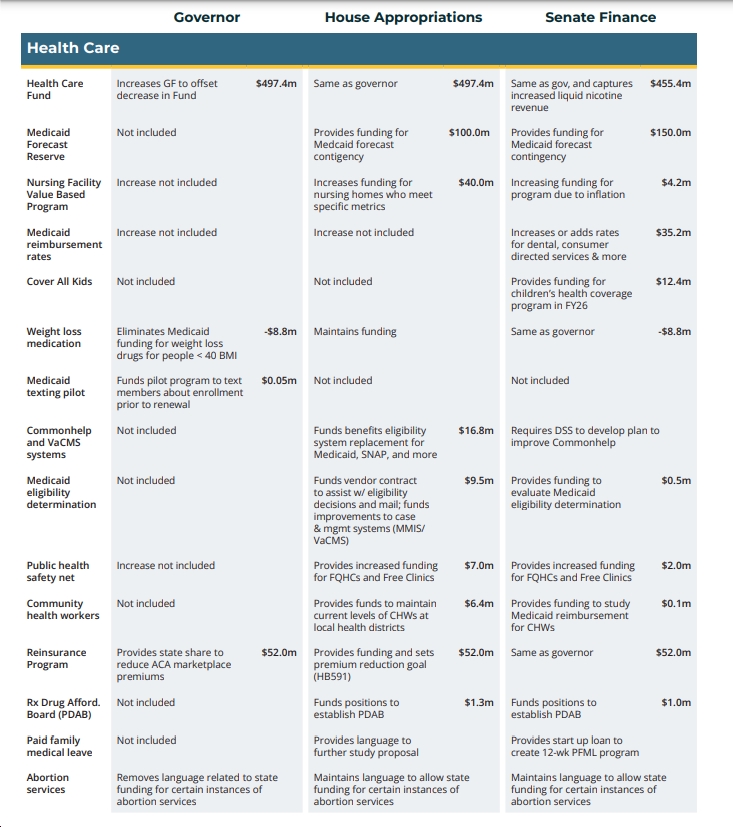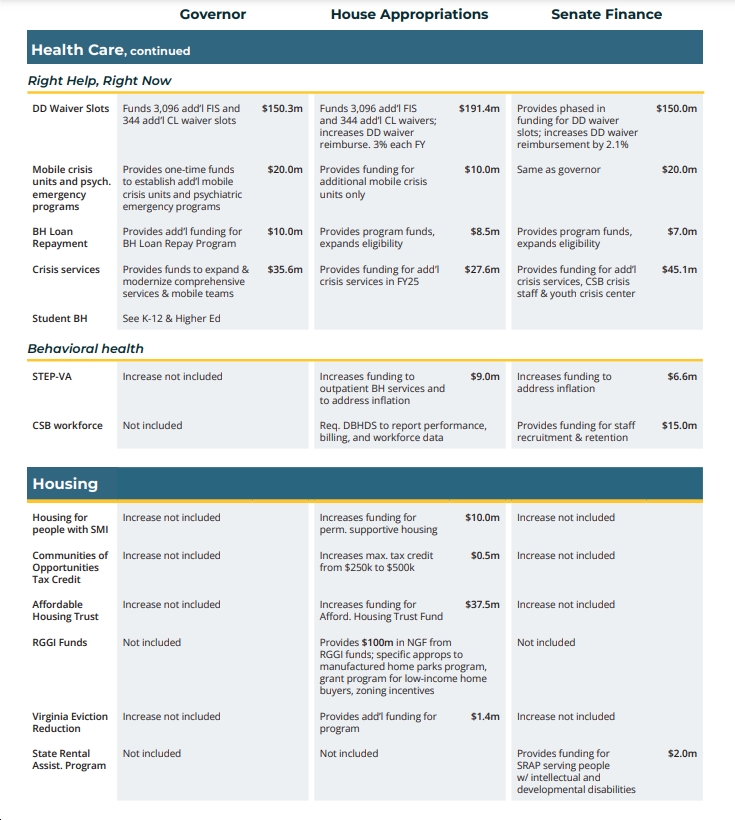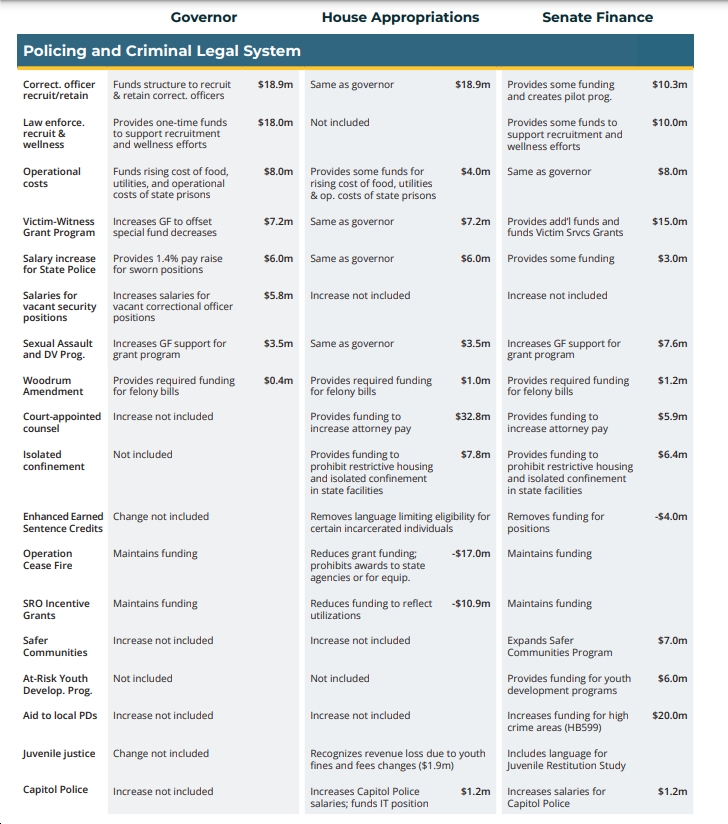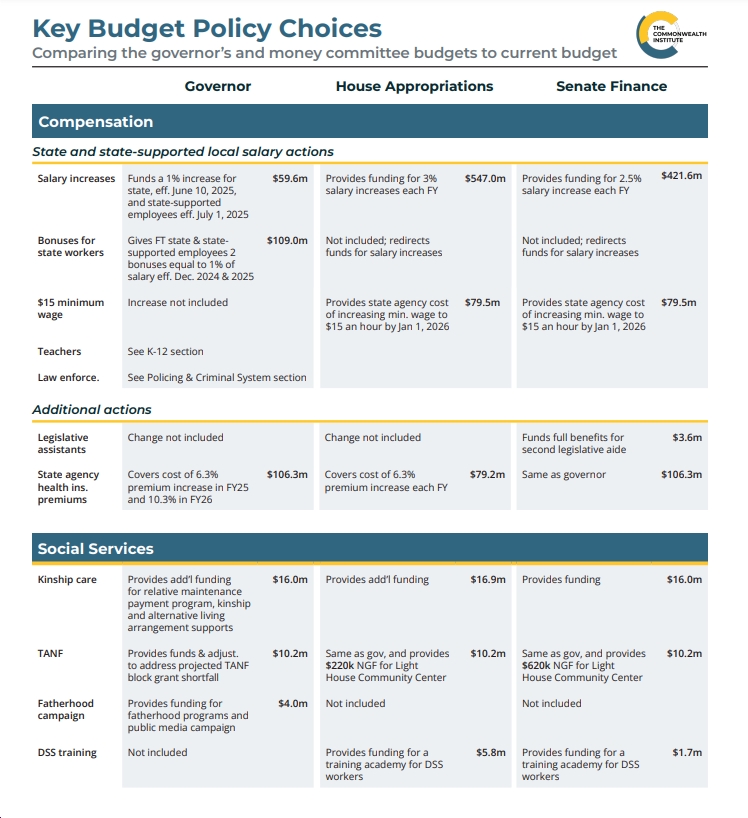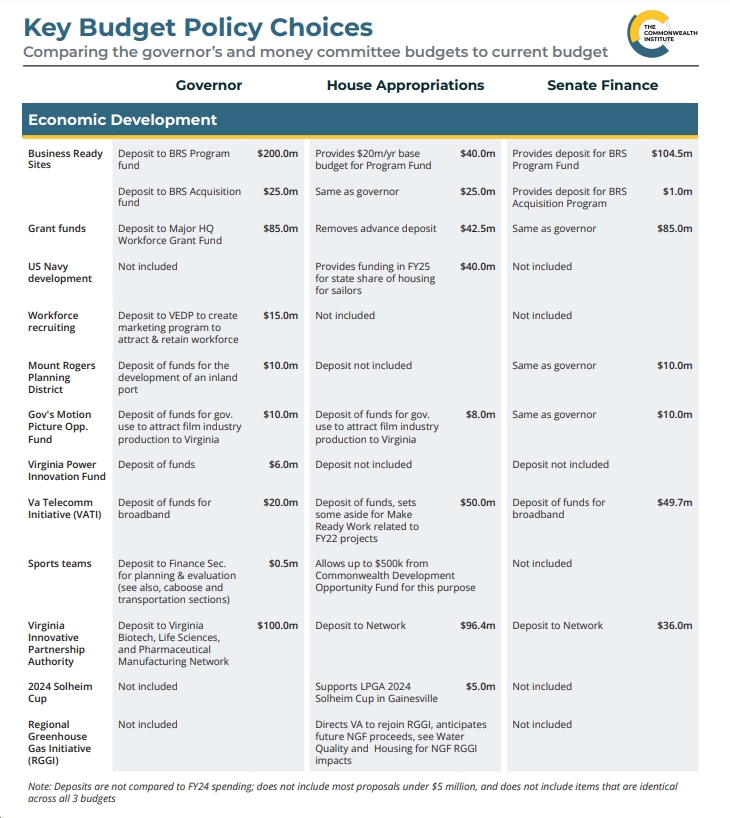Yesterday, I posted about a candidate – Richmond City Council member Andreas Addison – announcing his candidacy for mayor of Richmond, joining several other candidates – Michelle Mosby, Garrett Sawyer, Chris Hilbert, Maurice Neblett – in the race. This morning, another candidate – business/non-profit leader Harrison Roday – is joining the race as well. See below for a brief bio from his campaign, as well as a 15-minute interview I did with him yesterday afternoon.
Harrison Roday is a non-profit and business leader.
Roday founded Bridging Virginia, a non-profit community development fund that provides access to capital for Black, women, and minority-owned small businesses. He also serves as Chair of the Board at Foodshed Capital, another non-profit community lender that works primarily with BIPOC farmers and entrepreneurs as a way to build more equitable, regenerative foodsheds – particularly in communities that have historically faced difficulty accessing capital through traditional lenders.
This experience has made Roday a leading voice in the community lending ecosystem, and has encouraged public officials and other business leaders to align their resources to promote more equal access to economic opportunity.
In the private sector, Roday founded a software company and previously served in leadership roles at large industrial companies with thousands of employees.
Roday is a proud Richmond resident and is a graduate of William & Mary. His experiences serving in scheduling and advance for Senator Tim Kaine and in the Obama White House profoundly impacted his belief in the power of inclusive, principled leadership to bring people together and find solutions that benefit entire communities.
In the world of progressive politics, Roday has worked for years to elect Democrats to the Virginia General Assembly and in the halls of Congress. He serves on the Board of Directors of Roe Your Vote Virginia, a PAC supporting pro-choice candidates in the Virginia legislative races, and on the Founding Advisory Board of We the People for Education, a Virginia-focused nonprofit focused on electing School Board candidates who push back against recent waves of right-wing divisiveness and extremism.
Blue Virginia: I’m sure most readers of Blue Virginia probably don’t know who you are – no offense – so for them can you maybe tell them just briefly a little bit about yourself and why you decided to run for mayor?
Harrison Roday: “Yeah sure, well in terms of me, I consider myself very fortunate to be a nonprofit and business leader here in Richmond. I spend a lot of time doing work around community lending, which you know speaks to my value set. I started an organization that works with leveling the playing field for entrepreneurs in communities that have been locked out of accessing capital, particularly in communities of color, and doing that work I think it’s just an education in how to stand side by side and shoulder to shoulder with people and elevate their needs. Nothing that we do, you know, it’s not us solving the problem, all we’re doing is, they’re the ones with the drive, the ingenuity, the hard work – all we do is provide a set of tools that I would argue everyone should have access to…community wealth building has just been a huge impact in how I sort of see our value that Democrats at work in the real world. And then from the business side, I’ve had the opportunity to be a leader in large and complex organizations. And of course you know City Hall has 4,000 employees and anyone who wants to be able to make change in the city needs to be able to partner with those individuals…no systemic change is achieved by top-down fiat; it has to be something where people are truly, you know, we used to have a saying in a job that that I called ‘from the shop floor to the top floor’ – you know, you have to be able to build those parnerships and relationships in order to drive change. And as you know, segueing a little bit to the second part of your question, we need to build a Richmond that works for everyone. You know, City Hall right now does not function in the way that our residents deserve, and we need to…I know we can fix that if we work together to ensure that City Hall becomes more responsive, and build a smart government for a stronger Richmond. Beyond that, of course, there’s super-critical policy priorities, be they investing in in the development of more affordable housing, ensuring the future of Richmond Public Schools, investing in our neighborhoods so that they’re a safe and stable place to raise a child. So I hope that that covers some of what you were getting at and more than happy to drill down in any of that or go to something different entirely.”
Blue Virginia: Yeah, when I said, why did you decide to run for mayor of Richmond, I guess I meant as opposed to doing other things, whether in the nonprofit sector or in making money or whatever – or running for a different office.
Harrison Roday: “Yeah I love that question, because I think from a philosophy perspective, what motivates me is the idea of leveling the playing field. And I’ve certainly seen up front that businesses can make a positive impact in our community, so can nonprofits. And I’m very proud of the work that I’ve done with multiple organizations. All that being said, you know the scale of the systemic problems that we have I think it requires people rolling up their sleeves to try and work together to create political consensus; I think that’s going to drive the long-term change that we need to actually make sure that we can truly invest in every corner of our community, instead of doing things where we gamble on the future of the city instead of investing in smart strategic long-term priorities.”
Blue Virginia: But I mean, Mayor of Richmond as opposed to, I don’t know, lieutenant governor or whatever other office is going to be opening. Yo grew up in what, Henrico, or in…
Harrison Roday: “I did; I was first grade through 12th grade in in Henrico and then I went to William & Mary for undergrad…but I always knew I wanted to come back to this area and so I moved back to Richmond in in 2020. In terms of your question on that office, it’s a super simple answer for me, which is it’s very clear that someone there can really have a positive impact. And I think that’s what the Senator Kaine public service model is all about, you know, following the opportunity not necessarily to make a headline but to make an impact and I think it’s very clear that you know that that’s a place where one can spend time rolling up their sleeves and working very hard for a community that I’m very proud to be a part of and proud to be my home.”
Blue Virginia: So what would you say the areas of Richmond, the main areas that need improvement and how would you go about improving them?
Harrison Roday: “I think I’d break it down in into two different areas. The first is having a City Hall that functions in the way that the people of our city deserve. And I’ll be slightly repetitive to something that we just discussed, but I want to make sure to hit all the key points. It’s very clear that City Hall municipally is not delivering in the way that it needs to. And I do think if we work together, we can build a smart government for a stronger Richmond. And what I think that means is working with the folks in the building who have the knowledge…and partnering with them to deliver a strategic transformation plan for every department in the city and go off and be accountable to the public and to the folks who work for the city about what progress we are and are not making. You know, anyone who says that government can be changed by putting four wide receivers out and running a Hail Mary, that person’s not being realistic – you have to put together thoughtful plans, drive after drive, it’s not going to be overnight change, it’s going to be partnership-oriented, working together, united around a long-term vision to deliver better for citizens. So I mean, that’s kind of part one is the City Hall stuff. And…no one mayor can accomplish all of that, and no one mayor can do it alone. If you don’t do that with a partnership-oriented mentality it’s not going to happen. And then the second area is maybe getting to the other aspect of your question which is some of the policy areas. I’ll just pick one, because it’s super top of mind for me – you know, we do have an affordable housing trust fund in the city of Richmond, but we have a long way to go in making sure that everyone in our city has access to housing in a way that is affordable for them. We’ve crossed a threshold where more and more Richmonders are spending more than 30% of their income on housing and entering an area where they’re quote housing insecure. We need to have a holistic solution. I won’t go on for too long about this, but sometimes when people talk about housing or complex policy issues, they try and make it sound like there’s a magic bullet. We need to zoom out and actually see a full plan that goes across the entire spectrum, from addressing the unhoused to addressing subsidized housing to addressing market-rate housing. We need a plan that attacks all of that and the backing of resources, not just in the form of money but in the form of the bully pulpit and in the form of changes to other policies procedures and code in the city. So unless we have that holistic approach, we’re just going to be putting out fires instead of having a strong long-term plan.”
Lowell Feld: So when you talk about Hail Mary’s, I mean, I was going to ask this a little later but the Hail Mary made me think of it, is the casino – we have to mention the casino, we’re talking about Richmond here – and that was a big thing in the last year – but anyway, is that what you mean by a Hail Mary…going for a big mega project like that and a very big flashy thing like that you can really point to? Up here, we have the arena, the new Wizards/Caps arena, that seems like what Youngkin wants as his maybe his legacy or something, I don’t know. But is that an example of what you’re talking about, as opposed to maybe the more, what is it, four yards in a cloud of dust or whatever they say in football?
Harrison Roday: “Yeah, it’s not just I mean, first of all simple, yes; and second of all, it’s not just the Hail Mary is the one play. I mean when – I love the football analogies because I think everyone can relate to them – when a team starts a season there’s a strategy, there’s a group of players you have; some of the players may change, the goal remains the same, you want to win as many games as you can. And you do that by having a thoughtful intelligent and evolving strategy. That is going to mean having, you know, a bunch of – to use your words – four yards and a cloud of dust. You’re going to have to do that a heck of a lot of times, but if you do that you’re going to build consistency and you’re going to achieve you know outcomes that lead to more wins over the longer term. If you just drop back and run the same play every time and it’s a Hail Mary, it’s not a plan for success.”
Lowell Feld: …on the casino though, I’ve got to ask, did you support – because I saw earlier today…Paul Goldman…was blasting some of the other candidates – not you, but some of the other ones, because he said they supported the casino and they didn’t say anything when the casino folks attacked Paul in anti-Semitic language…So did you support the casino or what was your position on the casino? Were you involved with that?
Harrison Roday: “I voted no on the casino and I’m happy to talk more about that. And in the same breath, it must be said that we need to create inclusive economic development opportunities for parts of the city that have historically been underinvested. And we can’t compromise on that. I don’t think that was the right one and I voted against it.”
Lowell Feld: Alright, just curious about that. So overall, I mean obviously Levar is not running again because he can’t and he’s also running for governor, but what do you think his – he’s been in there seven years or whatever – what have been the main successes and main failures or not successes or whatever you want to call it – over the last seven years?
Harrison Roday: “I mean I’ll be happy to answer that directly. I’ll also just say I don’t think people are looking for some backwards-looking report card on the administration. I think people are excited to talk about the future. So yes, I’ve had some disagreements with the way the Administration has conducted its business, there are some things that I would like to see improved relative to what they’ve done. But I think most people want to hear is an exciting vision for a city that’s growing and how we’re going to grow in a way that achieves the promise of our region without leaving people behind. So if you do want to talk about some of those specific policy areas, I’m more than happy to. But I think what voters are going to want to hear is, yep, the past we understand it, but what’s your plan for the future?”
Lowell Feld: Well, if you’re elected mayor, in terms of passing the baton or whatever – another sport, relay racing – you’d be taking the baton from Levar and do you think you’d be in good position or are there things you’d want to run in a different direction…I mean it’s all a continuum…you can go back to when Kaine was mayor… everyone hands it off to the next one and you’re inheriting whatever the situation is in in Richmond, that’s what you’d be inheriting; you can move ahead, but you’re starting with that.
Harrison Roday: “So yeah I think my focus would be twofold. One is ensuring that City Hall functions in a way that the people expected to and I don’t think that that has been achieved in recent years. And the second is there are areas that are really important to Richmonders all across the city that I think need more investment. And those areas are including but not limited to the worlds of affordable housing; I think there’s more additional support that the city needs to provide. I think the city needs to – Richmond Public Schools is in the process of outlining a new strategic plan, I think that is something that needs to be done extremely thoughtfully and in partnership with not just the school board but with the city council and the administration in a way that fully funds the needs of the school system. And I think we need to invest in in our neighborhoods in ensuring that they’re safe and secure places to raise a family. It’s not breaking news to say that if we want to have community policing that respects the community, we actually need to have enough members of law enforcement to do that, and right now we have nowhere near that. So there’s a lot of important areas I think where we can realistically assess the past and learn from it and also move forward into a future that people are excited about.”
Lowell Feld: And then finally how would you compare yourself to any of the other candidates? I mean, there’s going to be a lot of – I looked on VPAP and there a bunch of candidates – so are you coming from a particular position where you feel like you’re the best candidate…Is there anything obvious ideologically or in terms of background or approach that you just think makes you different or better or whatever than the other people?
Harrison Roday: “Yeah I’d bring four things to your attention. The first thing is I bring a track record of successful executive leadership in the private sector and with nonprofits. I think that speaks to the ability to lead a large organization through change. I think the second thing I would highlight is I have spent time focused on building bridges between communities that are across race, age and any other demographic group. And I’m not saying that that means that I’m entitled to anything. I would ask people who I’ve worked with what their experience has been, and I hope what you’ll hear is that I’ve done a good job being a partner to different communities in building bridges across communities. And I think that’s number two of what’s needed, which is you know someone who can be a bridge builder. The third thing is I think I do bring a mentality that’s different than a lot of the folks who have been in leadership positions. You know, there are folks who have gambled on the future of the city instead of investing in in smart long-term strategic decisions, and some of those folks are running in this race. And then the last is I have a proud consistent and strong track record of being a Democrat and those are my values. And I won’t hesitate to stand up for leveling the playing field and ensuring that people have access to the opportunities they need to be successful.”
Lowell Feld: A Tim Kaine Democrat?
Harrison Roday: “If that is something that somebody wants to describe me as, I’m not sure I can think of a higher compliment.”
Lowell Feld: Haha, yeah, I figured you’d say that. I mean you know, I’m a big fan of Tim Kaine’s as well – I don’t agree with him on everything, but of course I don’t agree with myself on everything or my wife or whoever. But anyway, that’s great I appreciate it.
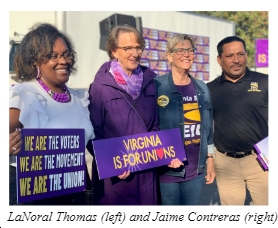 by Jaime Contreras, the Executive Vice President of 32BJ SEIU; and LaNoral Thomas, the President of SEIU Virginia 512. Together, they represent over 10,000 essential service workers throughout Virginia.
by Jaime Contreras, the Executive Vice President of 32BJ SEIU; and LaNoral Thomas, the President of SEIU Virginia 512. Together, they represent over 10,000 essential service workers throughout Virginia.
